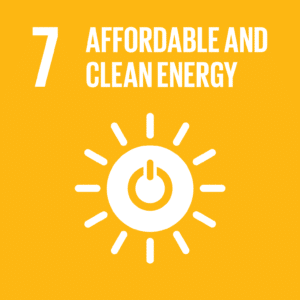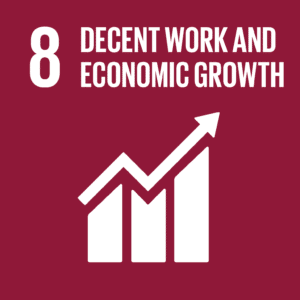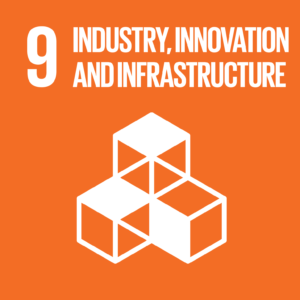Modular energy system based on water turbines and solar panels

Generating green energy in the KwaZulu-Natal province in South Africa
In the province of KwaZulu-Natal in South Africa, like elsewhere in Africa, electricity is primarily generated by burning fossil fuels. The local energy provider ESKOM mainly uses coal for this purpose, leading to high CO2 emissions.
Additionally, South Africa is facing an energy crisis, with a load-shedding system in place. This means there are daily prolonged periods of national power outages, often resulting in only 12 hours of electricity available per day.
The unreliable electricity supply is hindering the economic development of KwaZulu-Natal. It is a significant agricultural region that produces a wide range of crops for both the local market and export, contributing to food security in Africa. Agriculture relies on irrigation systems powered by pumps. However, due to the constant power interruptions resulting from load shedding, farmers are forced to use diesel generators, leading to high CO2 emissions.
Continue green power supply for irrigation pumps
At two different locations, a modular system is implemented that generates 24/7 electricity, both on-grid and off-grid, making use of hydropower at low head in rivers. At one of the sites, solar panels are also integrated with the turbines for a hybrid energy solution.
This sustainable energy will be injected into ESKOM's national electricity grid to power irrigation pumps. Any surplus of green energy will be injected back into the grid. Injecting surplus energy enhances the stability of the national grid.
To ensure that the irrigation pumps continue to receive power even when the national grid is disconnected by ESKOM, a picogrid will be installed. This picogrid will supply electricity to the main pumps.
Three water turbines, with and without solar panels, will be installed at two local farms. This initiative is expected to save 955 tons of CO2 emissions annually.
A total of 90 kW will be installed in the Mzimkhulu River to continuously supply green electricity to irrigation pumps for citrus, wheat, potato, and maize crops.
Would you like to know more about this project?




